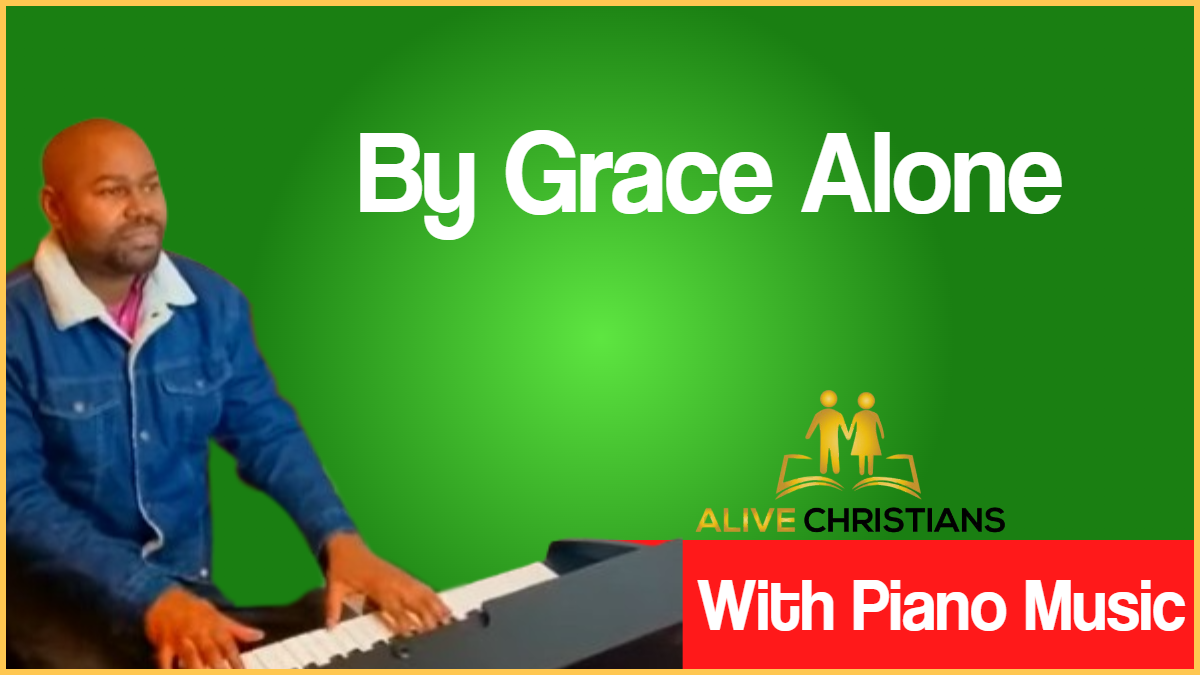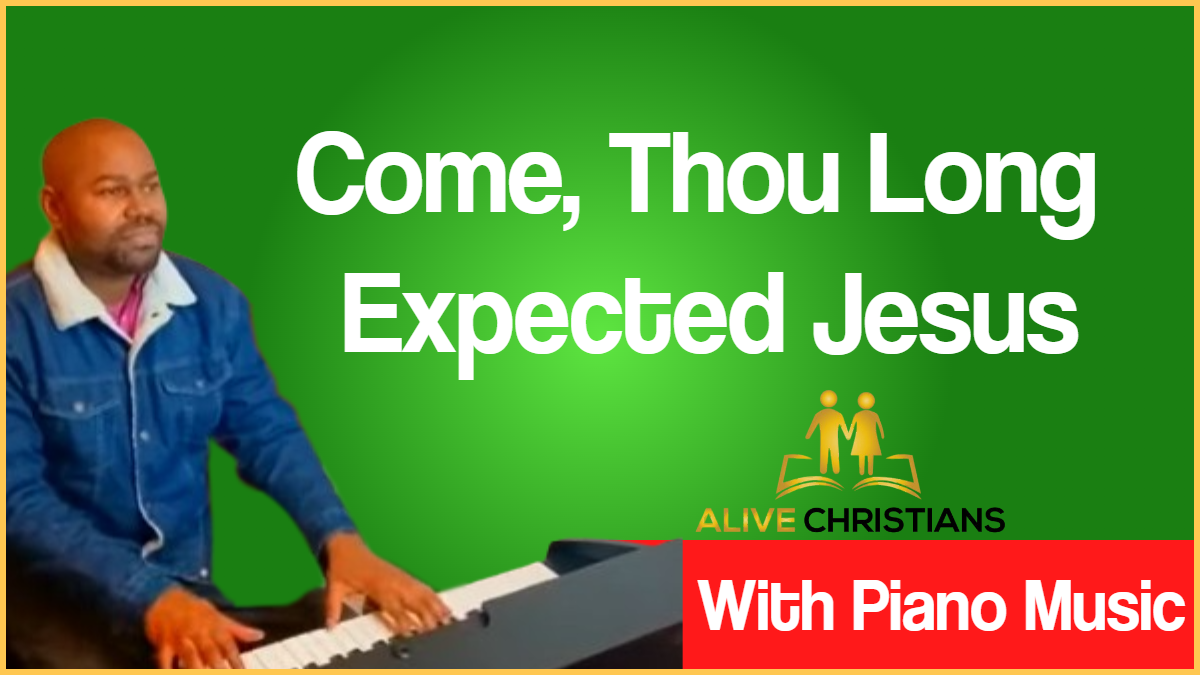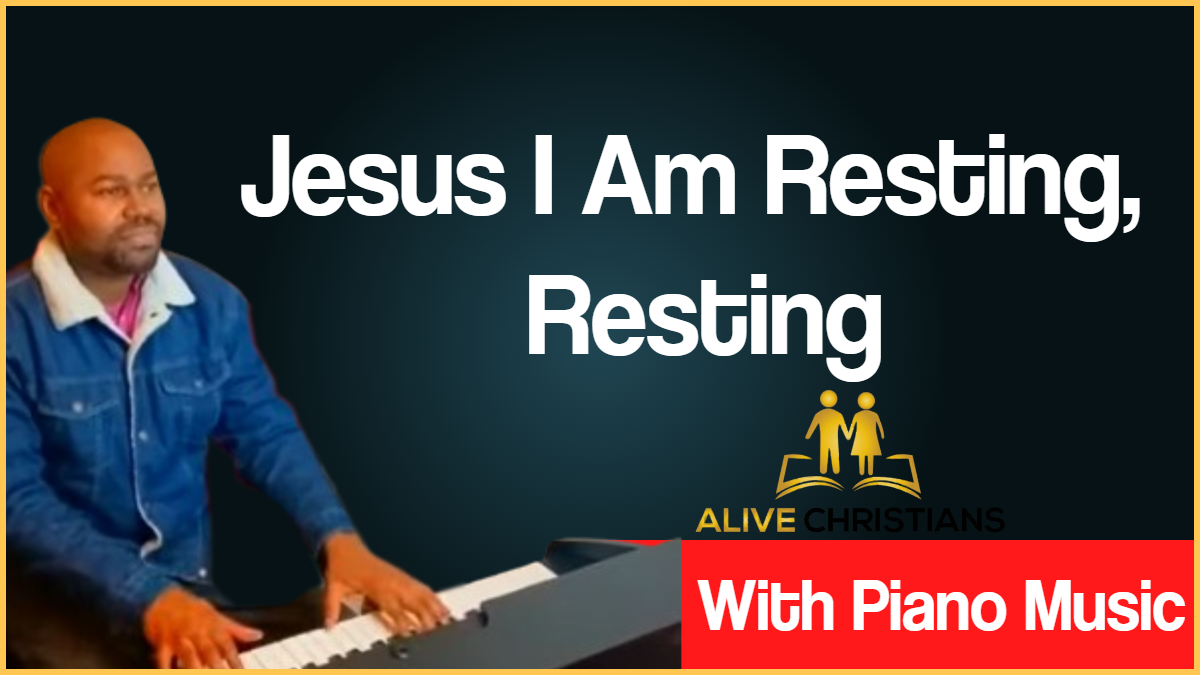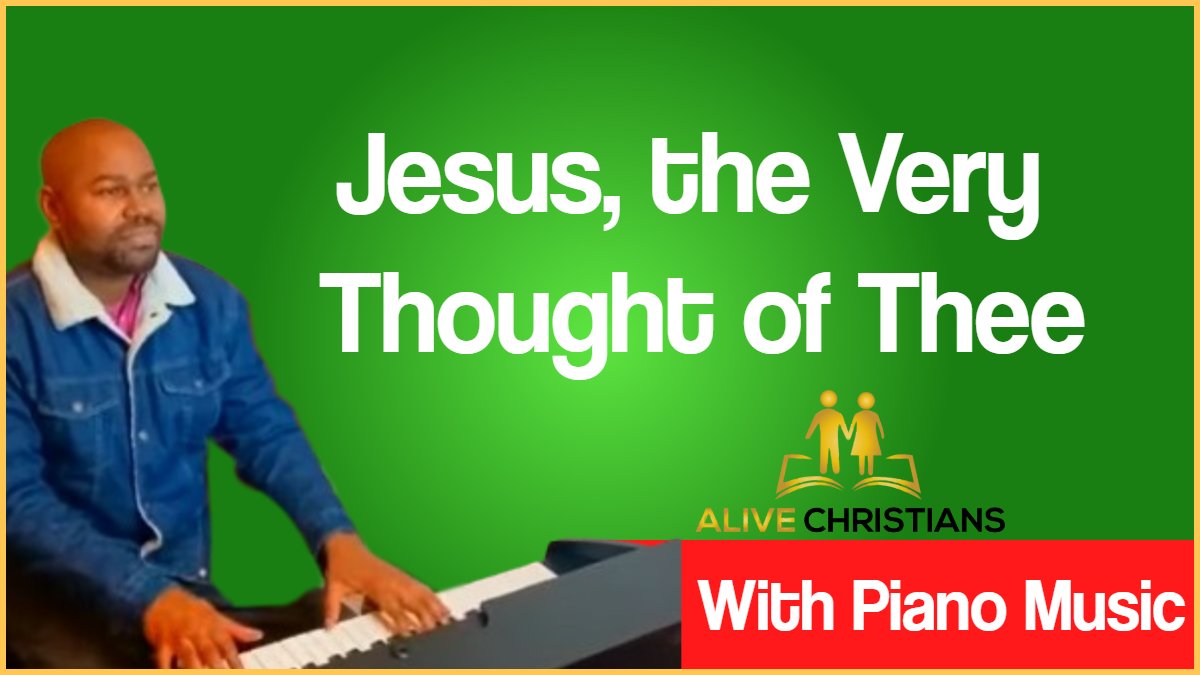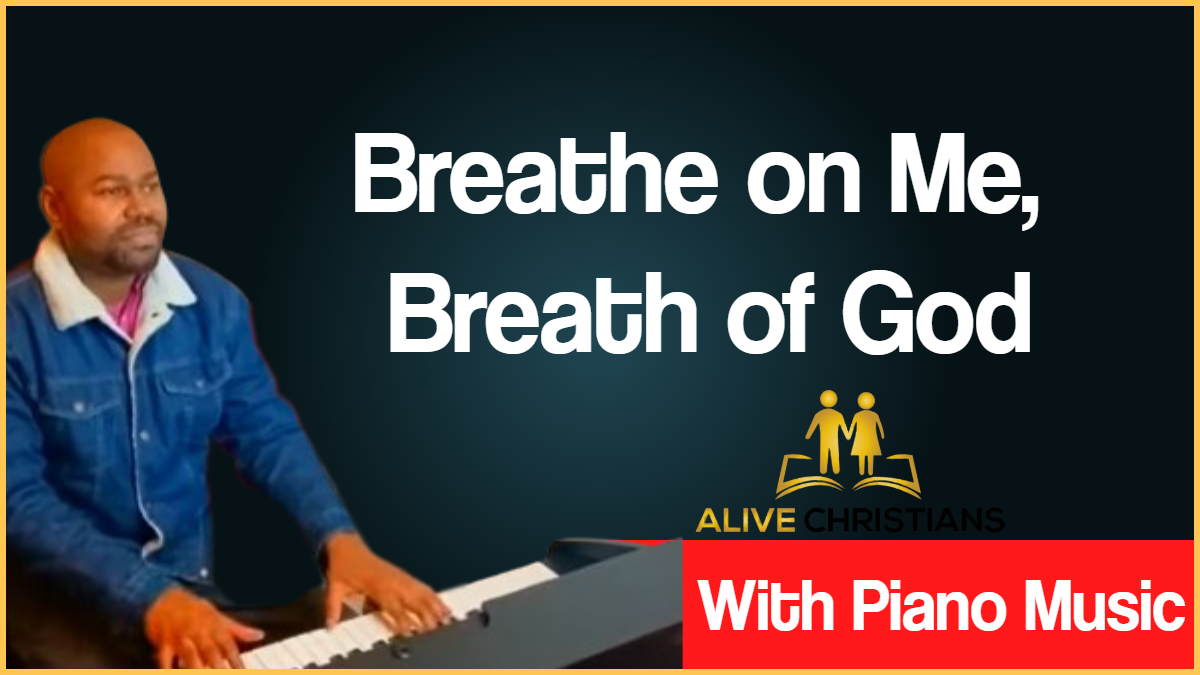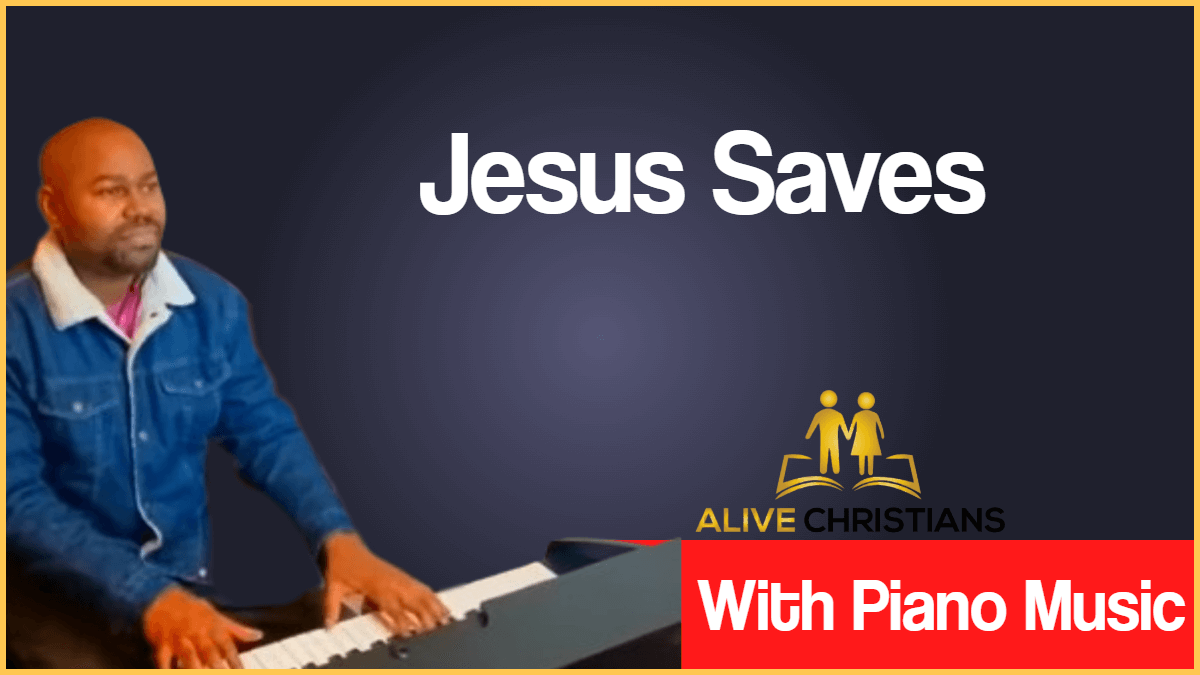By Grace Alone Lyrics
Tune Name: UNKNOWN/Contemporary
Composer: Unknown
Meter: 8.7.8.7
Hymnbook Source: Modern evangelical hymnals
David Ward, 2002
Based on Psalm 130
Verse 1
Out of The Depths I Cry To You
Lord, hear my voice of pleading;
Bend down Your gracious ear, I pray,
Your humble servant heeding.
If You remember each misdeed,
And of each thought and word take heed,
Who can remain before You?
Only by grace, by grace alone.
Verse 2
Your pardon is a gift of love,
Your grace alone must save us,
Our works will not remove our guilt,
The strictest life would fail us.
Let none in their own merits boast,
But let us own the Holy Ghost
For He alone can change us:
Only by grace, by grace alone.
Verse 3
Though great our sins and sore our woes
His grace much more aboundeth;
His helping love no limit knows,
Our utmost need it soundeth.
Our kind and faithful Shepherd He,
Who will set all His people free
From all their sin and sorrow:
Only by grace, by grace alone.
Hymn Information
| Category | Details |
|---|---|
| Title | By Grace Alone |
| Author / Lyricist | Keith Getty (b. 1974) & Kristyn Getty (b. 1980) |
| Composer / Tune | Keith & Kristyn Getty – modern hymn tune |
| Date Written / Published | 2000s |
| Historical Context | Contemporary hymn emphasizing Reformation theology of salvation by grace through faith. |
| Theme / Message | Salvation and assurance solely by God’s grace. |
| Notable Features | Modern melodic structure; congregational-friendly; clear theological focus. |
| Cultural / Religious Impact | Popular in contemporary evangelical worship and hymnals emphasizing Reformation teachings. |
| Source / Scholarship | Modern Hymn Studies – Keith & Kristyn Getty |
Hymn Similarities and Biblical Scholar Analysis of This Hymn:
| Scholar | View / Interpretation |
|---|---|
| Charles Wesley, Anglican Hymn Writer, 1707–1788 | Wesley’s hymns frequently celebrate salvation by grace, which parallels the theme of this hymn. It conveys reliance on divine mercy rather than human effort. |
| John Julian, Author, A Dictionary of Hymnology, 1829–1913 | Julian discusses the centrality of grace in hymnody, aligning with the theological focus of this hymn. Its text guides believers toward reflection on God’s favor. |
| Isaac Watts, English Hymn Writer, 1674–1748 | Watts often composed hymns underscoring divine grace, which resonates with this hymn’s content. Its lyrical construction conveys assurance of salvation. |
| John Newton, Anglican Clergyman & Hymn Writer, 1725–1807 | Newton frequently wrote on redemption and grace, a concept mirrored in the hymn’s focus. It encourages gratitude and spiritual trust. |
| Folliott S. Pierpoint, Anglican Hymn Writer, 1835–1917 | Pierpoint’s hymns often explore God’s mercy, aligning with this hymn’s message. The melodic phrasing aids devotion and reflection. |
| William Rees (Hyfrydol), Welsh Hymn Writer, 1803–1883 | Rees’s compositions combine doctrinal clarity with accessible melody, similar to the hymn’s structure. It supports congregational understanding of grace. |
| Philip P. Bliss, American Composer & Evangelist, 1838–1876 | Bliss created hymns emphasizing reliance on God’s mercy, corresponding with the hymn’s theme. Its devotional tone promotes meditation on divine favor. |
See if you can play the hymn below on our keyboard (It Plays!)
Deepen your spiritual walk by mastering these hymns. Start your piano lessons through our School of Music today. ![]()
